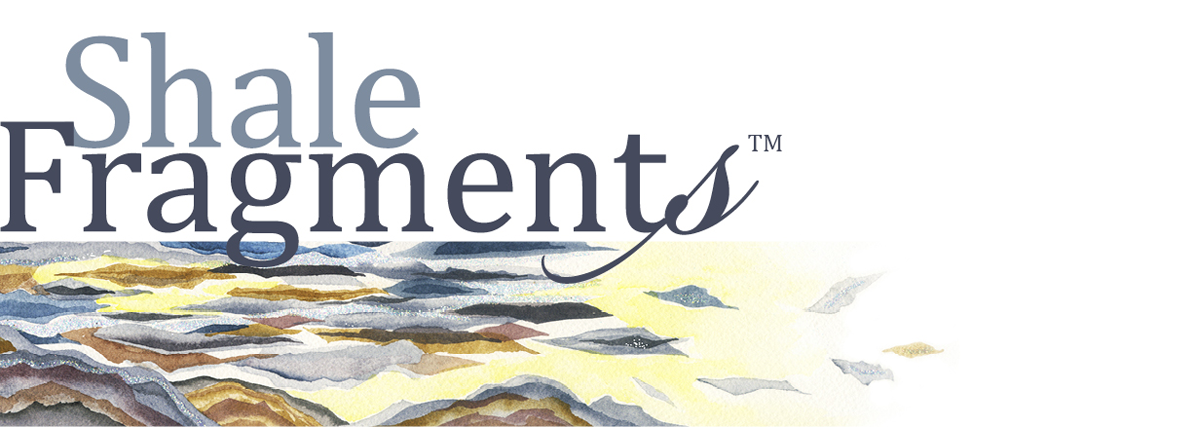The Highest Form of Worship
The Highest Form of Worship
Learning from the Master
Print the two-page PDF
In his book New Light on the Difficult Words of Jesus, Insights from His Jewish Context, David Bivin writes about the first century schools in which Jewish children began their study of Torah (the first five books of our Old Testament) at five years of age. He writes,
“One might assume that the synagogue as the place of worship would be considered more important or more sacred than the schools, but this was not the case. To this day the bet midrash [the secondary school in which children and adults studied Torah and the oral traditions] is given more prominence than the synagogues – not because education is valued more highly than worship, but because Judaism does not make a distinction between the two. Indeed, Judaism has always held that the study of Torah is one of the highest forms of worship.”
Yeshua (Jesus) was raised in this culture. The words of Torah were sealed in His memory by diligent, repetitive recitation from an early age.
So, why is study so important?
Studying Scripture is studying God, and thus becoming more and more intimately acquainted with Him. This intimacy leads to worship with all our mind, emotions, and strength. To know Him is to love Him.
In the summer of 2018, we attended the wedding of our friends Randy and Sherrie. Randy gave the most beautiful vows I have ever heard. He said to Sherrie, “I want to explore you, study you, and know you so that I can more deeply love you.” Wow! Likewise, as we study our Beloved, our love for Him deepens!
But these old texts are difficult to understand…
The ancient, inspired texts of the Torah were written about 1500 BC and attributed to Moses. The only culture familiar to the Israelites after they were freed from slavery was the pagan culture around them. So, God used aspects of this culture to relate to them and bring them into His light. This is why we might not always understand certain passages. His instructions stood in stark contrast to this dark, perverted culture. His new, light-filled truths expounded on the sanctity of human life, love for one another, respect for and honor of women, care for the poor, and liberation for victims of oppression. His Law brought light and healing into a chaotic, self-absorbed, cruel culture.
Down through the centuries, God’s words of light were passed on orally. Hundreds and perhaps thousands of rabbis in Yeshua’s first-century world reinterpreted the words for the situations of their time.
Rabbi Yeshua uniquely came to embody and fulfill the Torah, the Writings, and the Prophets; He explained, interpreted, and lived the heart of their message. He was the Word made flesh (John 1:14). He spoke repeatedly about His fulfillment of Scripture. (See Matthew 21:42-43; Luke 4:14-12, 24:24-27, 44-49; and John 5:39.) “He is the radiance of His glory and the exact representation of His nature and upholds all things by the word of His power.” (Hebrews 1:3a) And “He is the image of the invisible God.” (Colossians 1:15a)
Yeshua is the incarnate Word, the Rabbi we study so we can love Him well. He calls out to us to receive Him, to learn from Him, and to follow Him:
“Come to Me all you who are weary and heavy-laden, and I will give you rest. Take My yoke upon you and learn from Me for I am gentle and humble in heart, and you shall find rest for your souls. For my yoke is easy and My load is light.” (Matthew 11:28-30)
To fully understand the ramifications of Jesus’ invitation to His disciples in these words, let’s take a closer look at the culture of His day. These facts were gleaned from David Bivin’s book:
- Rabbi meant my Master and only later came to mean Teacher. Although unique from other rabbis in His deity, Yeshua was a typical first-century rabbi in that He traveled from place to place, depended on the hospitality of others, had disciples who traveled with Him, taught in parables, did not charge a fee, and supported Himself with His trade. His highest calling was to make disciples.
- Learning from a rabbi required disciples to travel, leave their family, and “take the yoke of the Torah upon themselves,” a rabbinic expression for accepting God’s reign over one’s life and to living according to His will. (Pg. 14) A disciple was completely committed with no other priorities often following the rabbi into austere conditions. Parents would be honored to release their children to follow a notable rabbi.
- David Bivins writes an excerpt found in the Mishnah (a compilation of recorded activity encasing the time of Messiah): “Despite the hardships, there was nothing to compare with the exhilaration of following and learning from a great rabbi and being in the circle of his disciples. A special relationship developed between the rabbi and his disciple in which the rabbi became like a father.” (Pg. 19)
Jesus’ words in Matthew 11:28-30 above reflect the difficulty and yet the exhilaration of discipleship. Although it would not be easy to follow, as they lived with Him side-by-side, they would see the age-old Scripture come alive before their eyes in Spirit and truth. He would gently guide them as a shepherd, and they would find rest in His acceptance and forgiveness. They would find exhilaration in seeing the fruition of all they had memorized in their heads becoming a life-giving wellspring to others.
It’s the same with us.
Lord, draw us close to learn from You and walk in Your ways. We want to be like You. We want to learn all we can about You. Fill us with the Ruach, the Holy Spirit to love You and to love others as You love them.
Isaiah 58:11-12:
And the Lord will continually guide you and satisfy your desire in scorched places,
And give strength to your bones; and you will be like a watered garden,
And like a spring of water whose waters do not fail.
Those from among you will rebuild the ancient ruins; you will raise up the age-old foundations;
And you will be called the repairer of the breach, the restorer of the streets in which to dwell.
Shale Fragments™ - writings by Beth Ann Phifer is a division of Flower Girl Greetings, LLC. ©2024, All Rights Reserved.
Blessings and love in Him,
Beth Ann
When you subscribe to the blog, we will send you an e-mail when there are new updates on the site so you wouldn't miss them.

Welcome to Shale Fragments, a collection of writings and art for individual and group use!
Teaching God’s truth and the beauty of His Word is my greatest delight! My art card company, Flower Girl Greetings, was launched in 2012 with this purpose. In April 2020, ShaleFragments.com became the gathering place for the writings.
As I have studied the rich meanings of the original Greek and Hebrew languages of the Bible, I continue to see beautiful progressions and connections that compel me to organize and convey their life-changing beauty!
Please click on each category to access a list of contents or scroll through the posts. To receive Shale Fragments updates, please subscribe here.


Comments